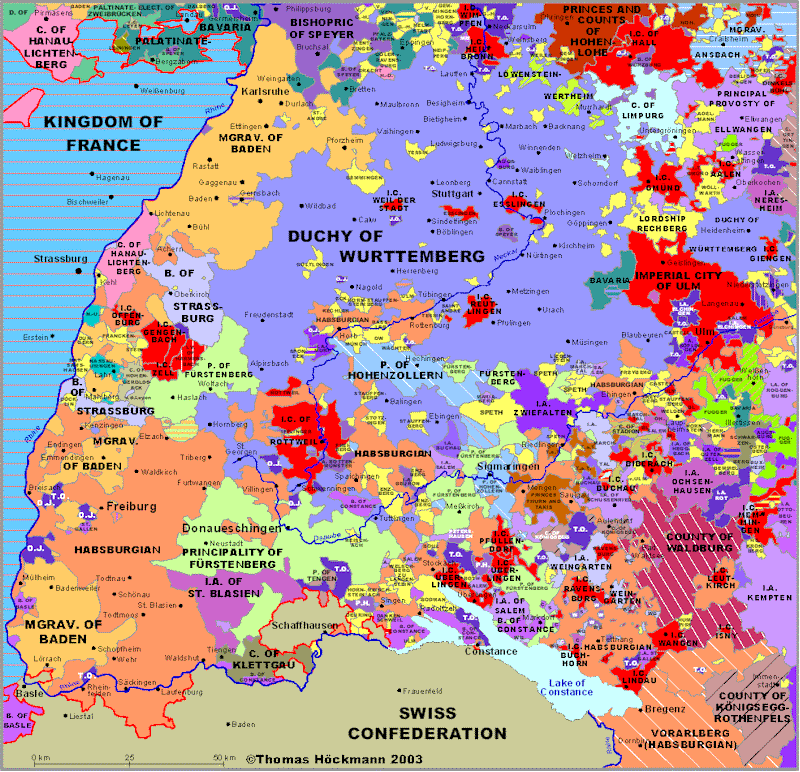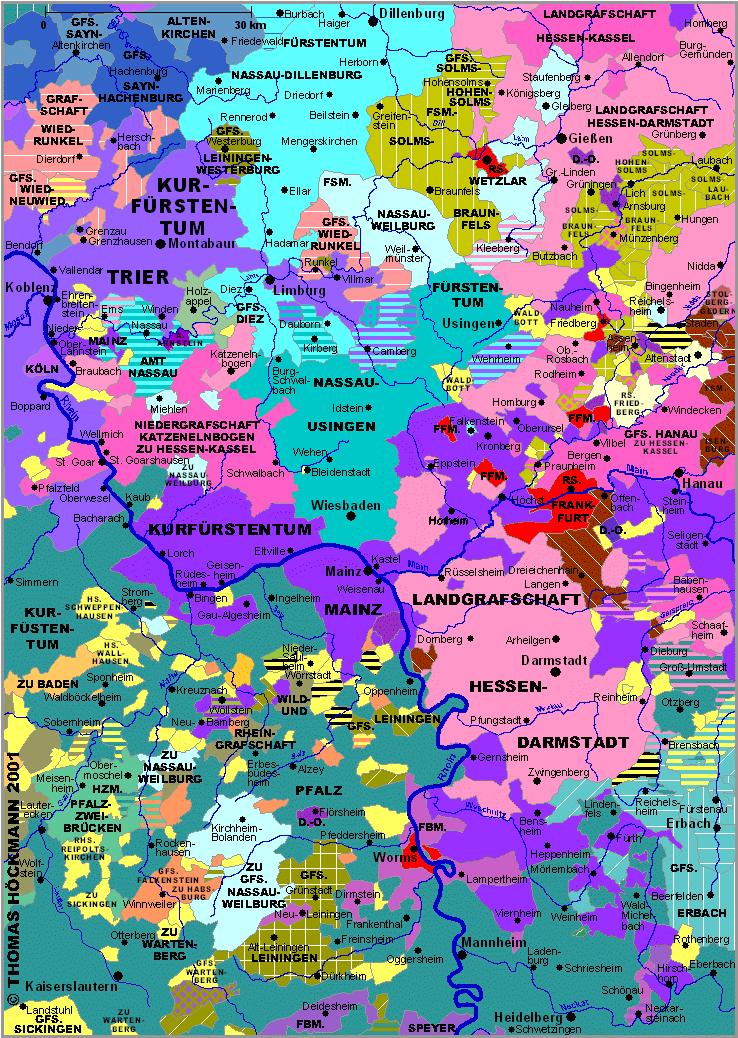- Location
- Volksstaat Hessen, Deutsches Reich
Since German History came up in the thread of our deaaaar (  ) western neighbours and twins (both France and Germany arose out of the Treaty of Verdun in 843, as the West and East Frankish Kingdom, respectively - longest case of sibling rivalry in the world), and since I didn't want to clutter it up, and since it surely is a helpful topic in general, I decided to make this thread.
) western neighbours and twins (both France and Germany arose out of the Treaty of Verdun in 843, as the West and East Frankish Kingdom, respectively - longest case of sibling rivalry in the world), and since I didn't want to clutter it up, and since it surely is a helpful topic in general, I decided to make this thread.
Of course, personally I can maybe answer some of the often rather general questions about early modern or even medieval history, but as for the often insanely specific questions about 20th century history, that may be another matter. But maybe other Germans or people knowledgeable about German history can wander into this thread.
Now, as for the issues that arose in the other thread:
 But I think it involved all crown vassals, i.e. all nobles who owe fealty directly to the Emperor - a number that continuously increased as the Emperors made more and more until then minor nobles imperial immediate (reichsunmittelbar) in order to weaken the large fiefs. That of course was also something that really did not contribute to German centralization/unity.
But I think it involved all crown vassals, i.e. all nobles who owe fealty directly to the Emperor - a number that continuously increased as the Emperors made more and more until then minor nobles imperial immediate (reichsunmittelbar) in order to weaken the large fiefs. That of course was also something that really did not contribute to German centralization/unity.
 * Anyway, basically yes. That is, there was no real requirement for being elected Emperor. If somebody thought he could convince enough electors, he could give it a try, and Francis did think so. He certainly had the financial means for it - in that time period, before elections became purely ceremonial because the Habsburg became de facto hereditary Emperors, you "convinced" Electors by bribes. Indeed, that was one reason why the electoral nature of the German/Holy Roman monarchy contributed significantly to German decentralization/disunity: In order to get elected, Emperors to be had to make significant concessions to the nobility, and later to the electors. Of course, Francis' bribes were to be purely financial.
* Anyway, basically yes. That is, there was no real requirement for being elected Emperor. If somebody thought he could convince enough electors, he could give it a try, and Francis did think so. He certainly had the financial means for it - in that time period, before elections became purely ceremonial because the Habsburg became de facto hereditary Emperors, you "convinced" Electors by bribes. Indeed, that was one reason why the electoral nature of the German/Holy Roman monarchy contributed significantly to German decentralization/disunity: In order to get elected, Emperors to be had to make significant concessions to the nobility, and later to the electors. Of course, Francis' bribes were to be purely financial.
*As per the Golden Bull, the Imperial Insignia were to be stored in Nuremberg, the election was to be held in Frankfurt and the coronation in Aachen, but in reality this ended up as both election (purely ceremonial by that point, as it always ended up being the Habsburg) and coronation being held in Frankfurt, while the Imperial Insignia were stored in Vienna, which is why they are there to this day still.
Of course, personally I can maybe answer some of the often rather general questions about early modern or even medieval history, but as for the often insanely specific questions about 20th century history, that may be another matter. But maybe other Germans or people knowledgeable about German history can wander into this thread.
Now, as for the issues that arose in the other thread:
Not really, tbh.I don't know if you understand the process pre-Golden Bull because sincerely I don't.
Frankfurt, actuallyAnother point of confusion was that Francis the First did indeed present himself as candidate for the HRE' election. So how was he able to do that if France had no Elector? Did everyone could just waltz into Aix-La-Chapelle and say "I'm candidate!"?
*As per the Golden Bull, the Imperial Insignia were to be stored in Nuremberg, the election was to be held in Frankfurt and the coronation in Aachen, but in reality this ended up as both election (purely ceremonial by that point, as it always ended up being the Habsburg) and coronation being held in Frankfurt, while the Imperial Insignia were stored in Vienna, which is why they are there to this day still.

